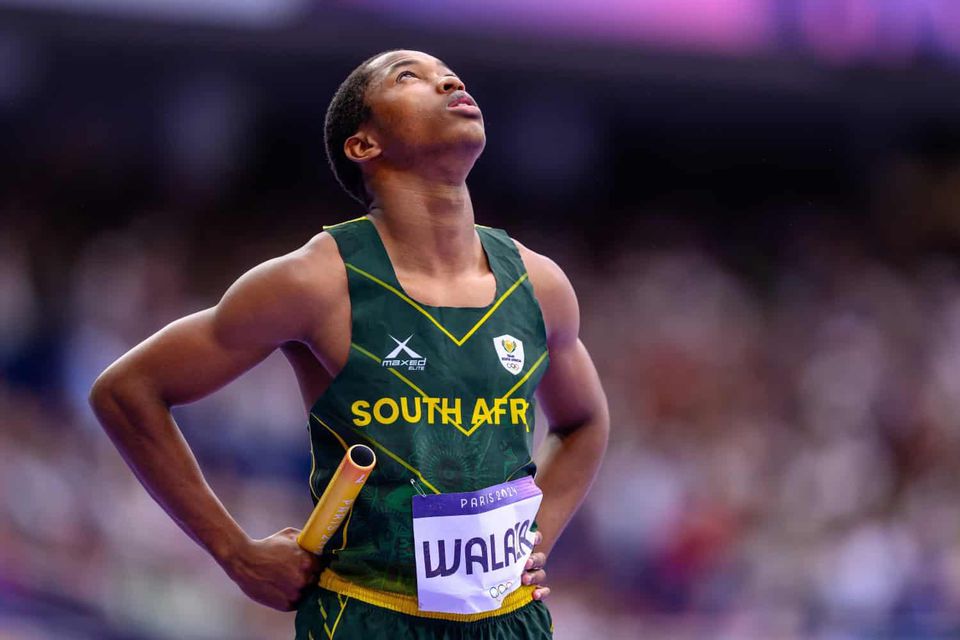Bayanda Walaza may now be one of the world’s most exciting young sprinters, but his road to success was almost completely derailed by a childhood tragedy.
The South African sensation has emerged as a rising force in global athletics in 2025, particularly in the 100m sprint, where he recently stunned fans by clocking 9.94 seconds (-0.3 m/s) at the Boris Hanžeković Memorial. That blistering time makes him the second-fastest African U20 athlete ever, only trailing Letsile Tebogo’s world record of 9.91s. It also places him fourth on the all-time global U20 list.
Behind the numbers, though, lies a story marked by pain, struggle, and ultimately, resilience.
At just 19, Walaza burst into the 2025 season in style. He opened his campaign at the Gauteng North provincial championships by running 9.99 seconds, breaking the South African U20 record and becoming the ninth South African to dip under the 10-second barrier. Four days later, he delivered again in the 200m, clocking an impressive 20.08 seconds in Pretoria. That run shattered Clarence Munyai’s U20 national record and confirmed Walaza’s place at the 2025 World Championships in Tokyo in both events.
But none of this would have happened if he hadn’t faced his past.
The turning point came during a dark period in his early teens. After completing grade seven, Walaza enrolled in a high school focused entirely on academics, with no sports programs. What followed was a steep emotional decline.
“I started crashing out. I lost interest in school. I didn’t even want to go anymore,” he recalled. Seeing her son slipping, Walaza’s mother took him to a psychologist. That’s when the root of his struggle surfaced.
His father had been shot and killed when Walaza was just 10. Without sports to distract him, the trauma resurfaced. “The psychologist said when I wasn’t playing sport, all I could think about was how he died. The dark thoughts would come back. I felt broken,” he explained.
His behavior worsened. He stayed out late, got into trouble, and drifted further from any sense of purpose. The psychologist recognized that sport could be his outlet. To facilitate that, Walaza had to repeat grade seven to attend a school that offered athletics.
He experimented with several sports before earning a scholarship for athletics in grade eight. That was the moment everything changed. “That’s when it clicked. I knew athletics was my path.”
Still, the emotional wounds were deep. Losing his father left a void. “He was my biggest supporter. He came to every race, cheered the loudest. When he died, it felt like no one was watching anymore,” Walaza said.
His mother, Tholiwe, was often away working to provide for the family. Though she offered encouragement from a distance, it wasn’t the same. Walaza began to lose his connection to the sport. “I’d wonder, what’s the point? Who am I doing this for?”
Things began to change when his mother made a bold choice. “She started making sacrifices there was even a time she nearly quit her job just to come watch me run. That changed everything,” he said.
Her presence reignited his passion. “Because she showed up, I found my love for the sport again. I wanted to make her proud.”
From that moment, Walaza’s career took flight. He helped South Africa win silver in the 4x100m relay at the 2024 Paris Olympics and followed it with a rare 100m–200m double victory at the World Athletics U20 Championships in Lima.
Today, he’s not just a fast runner he’s a story of survival, strength, and the power of belief.

